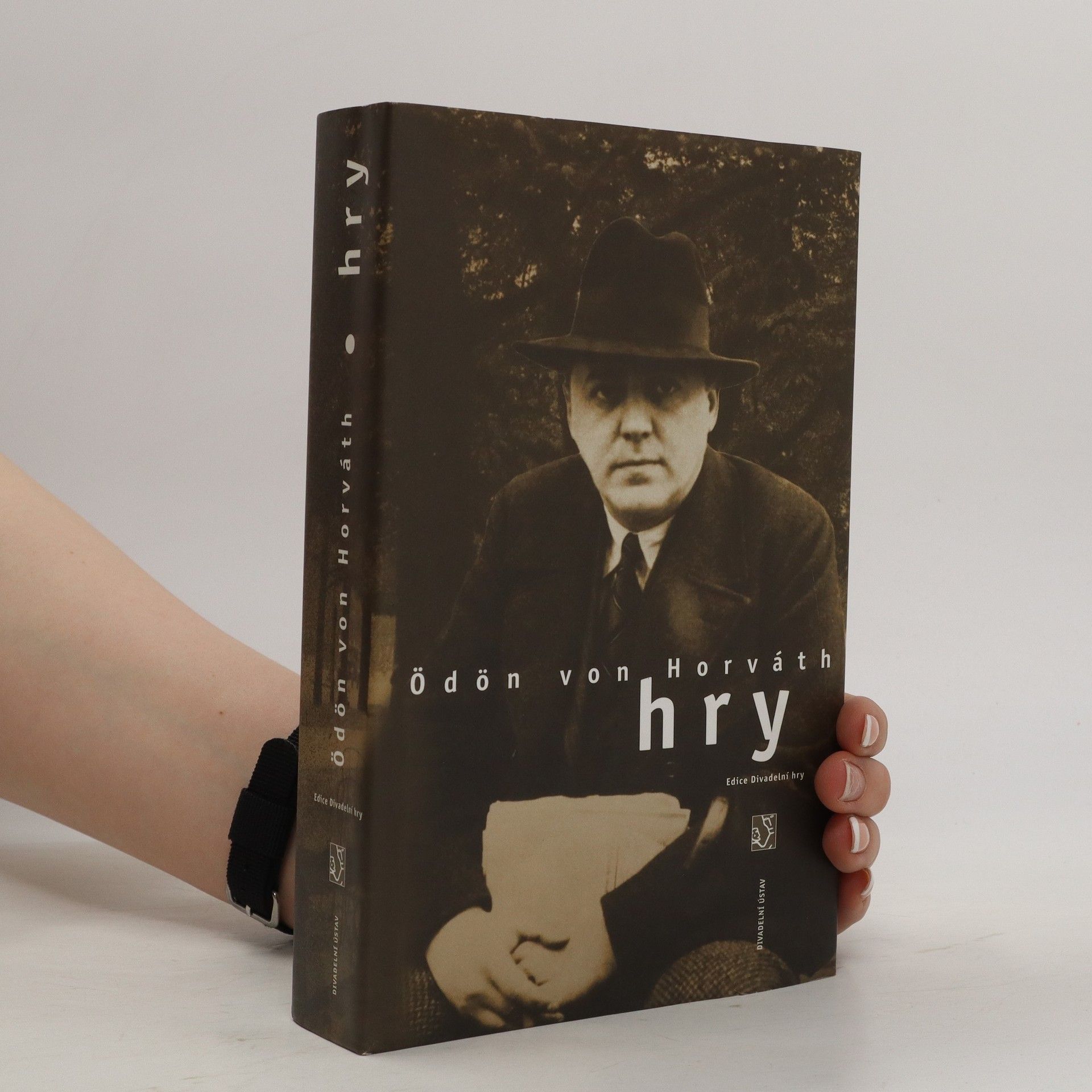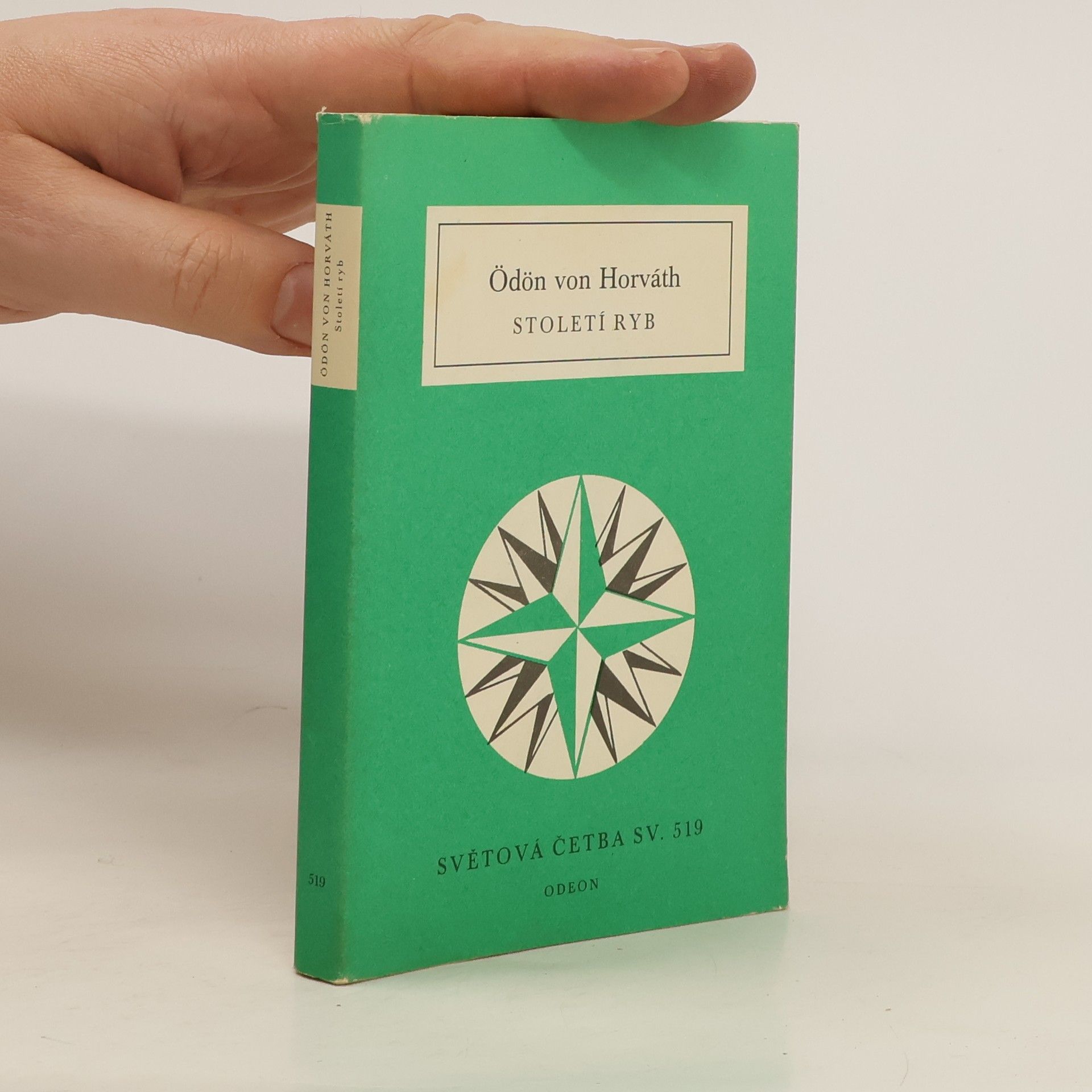Odon von Horváth Libri
Ödön von Horváth è celebrato per le sue acute critiche alla cultura popolare e alla politica, in particolare per i suoi presagi sui pericoli del fascismo. Le sue narrazioni esplorano spesso i gelidi effetti della propaganda sulla società, specialmente sulle giovani menti, ritraendo la lotta per mantenere la propria identità in mezzo a ideologie oppressive. Attraverso la sua distinta voce letteraria, Horváth catturò le ansie e i compromessi morali della sua epoca. Le sue opere continuano a risuonare, offrendo profonde intuizioni sulla condizione umana sotto coercizione politica.

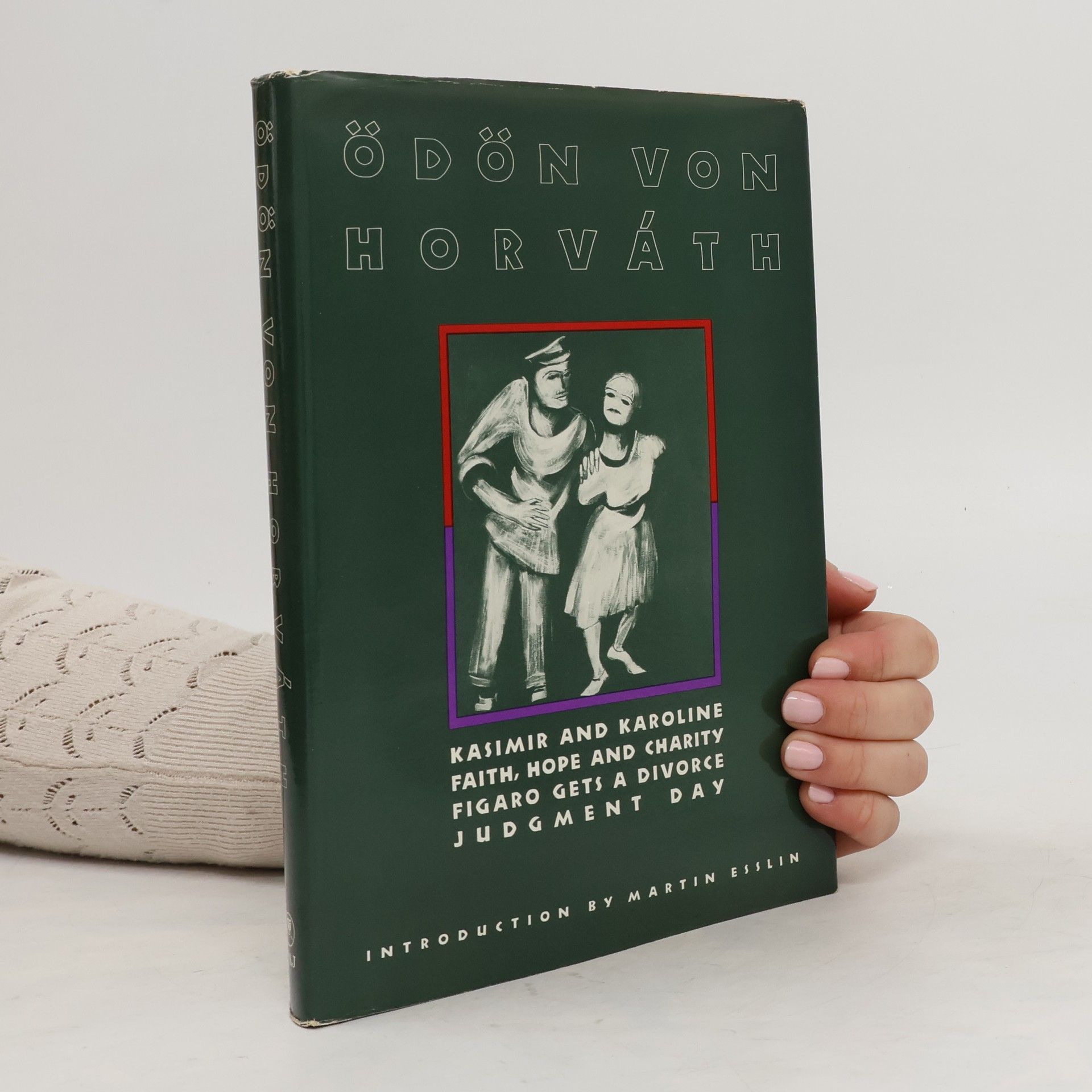
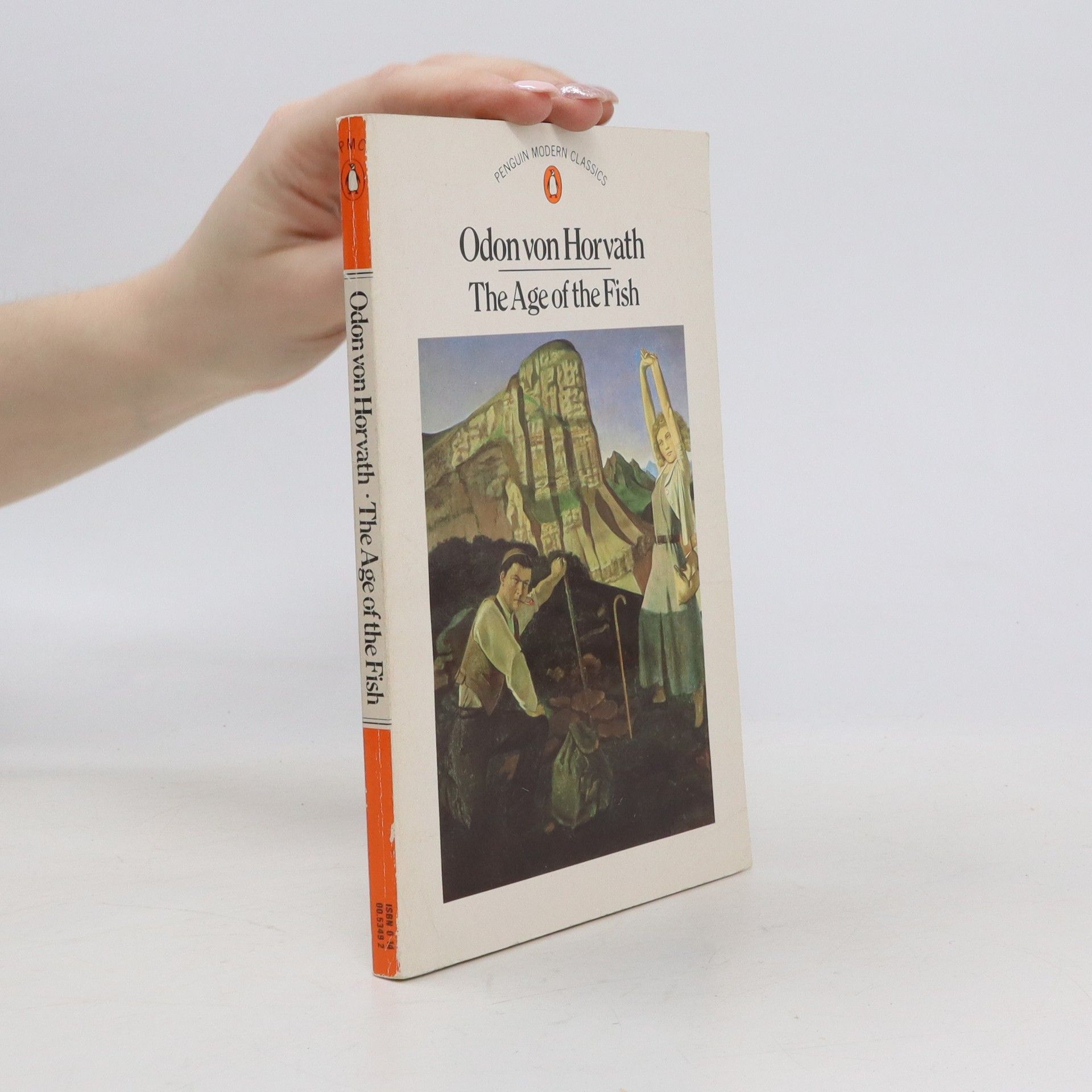
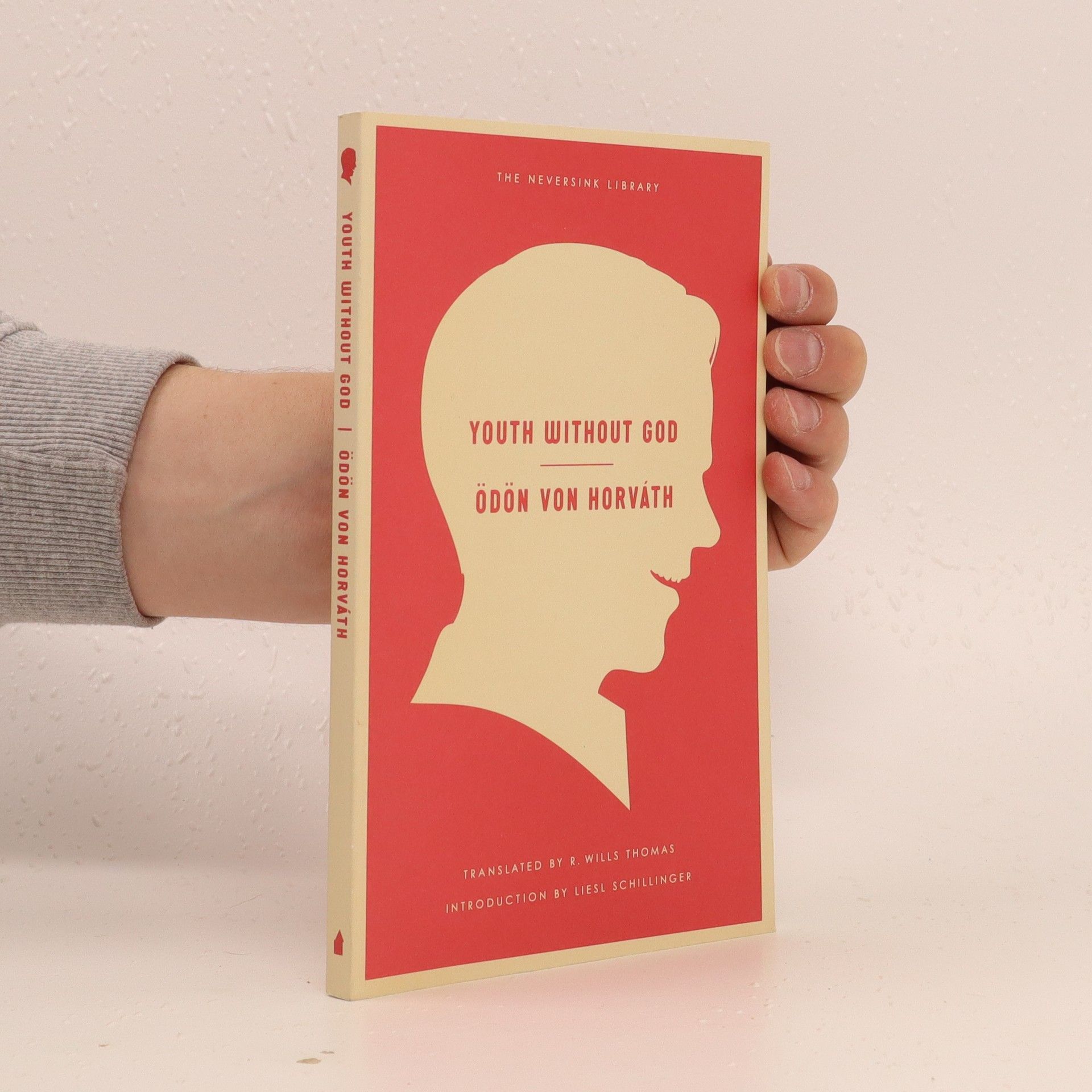



Youth without God
- 165pagine
- 6 ore di lettura
Tři hry rakouského prozaika a dramatika, jehož díla jsou jakousi moderní uměleckou reinkarnací vídeňské lidově hry (Černý). Ve hře Povídky z Vídeňského lesa je mladá dívka v den svého zasnoubení s počestným vdovcem svedena hejskem a končí jako nahá tanečnice v baru a její dítě hyne nedostatečnou péčí. Hra Neznámá u Seiny líčí neznámou dívku, která poskytne lupiči a vrahu alibi v domnění, že získá jeho náklonnost, tento muž však odejde se svou starou láskou a neznámá končí v řece. Hra Figarův rozvod je míněna jako pokračování Beaumarchaisovy Figarovy svatby a sleduje osudy hraběte Almavivy a jeho sluhy Figara po Velké revoluci.
Jugend ohne Gott
Text und Materialien
Hry
- 622pagine
- 22 ore di lettura
Obsáhlý výbor z divadelních her rakouského dramatika Ödöna von Horvátha, tvůrce moderní lidové hry, který ve svém díle jasnozřivě odhalil povahu nastupujícího fašismu i hrůzně komickou mentalitu tzv. obyčejného člověka a jeho nikdy nekončící touhu po lásce, víře a naději. Obsahuje známé tituly jako Povídky z Vídeňského lesa nebo Kazimír a Karolína, ale i dosud v češtině nevydané nebo méně známé autorovy texty, například Na krásné vyhlídce, Don Juan se vrací z války nebo Sládek, voják černé armády. Vychází ke stému výročí autorova narození.
Kniha obsahuje dva romány: Mládež bez Boha a Dítě naší doby. Předmluvu ke knize napsala Lucy Topoľská.


